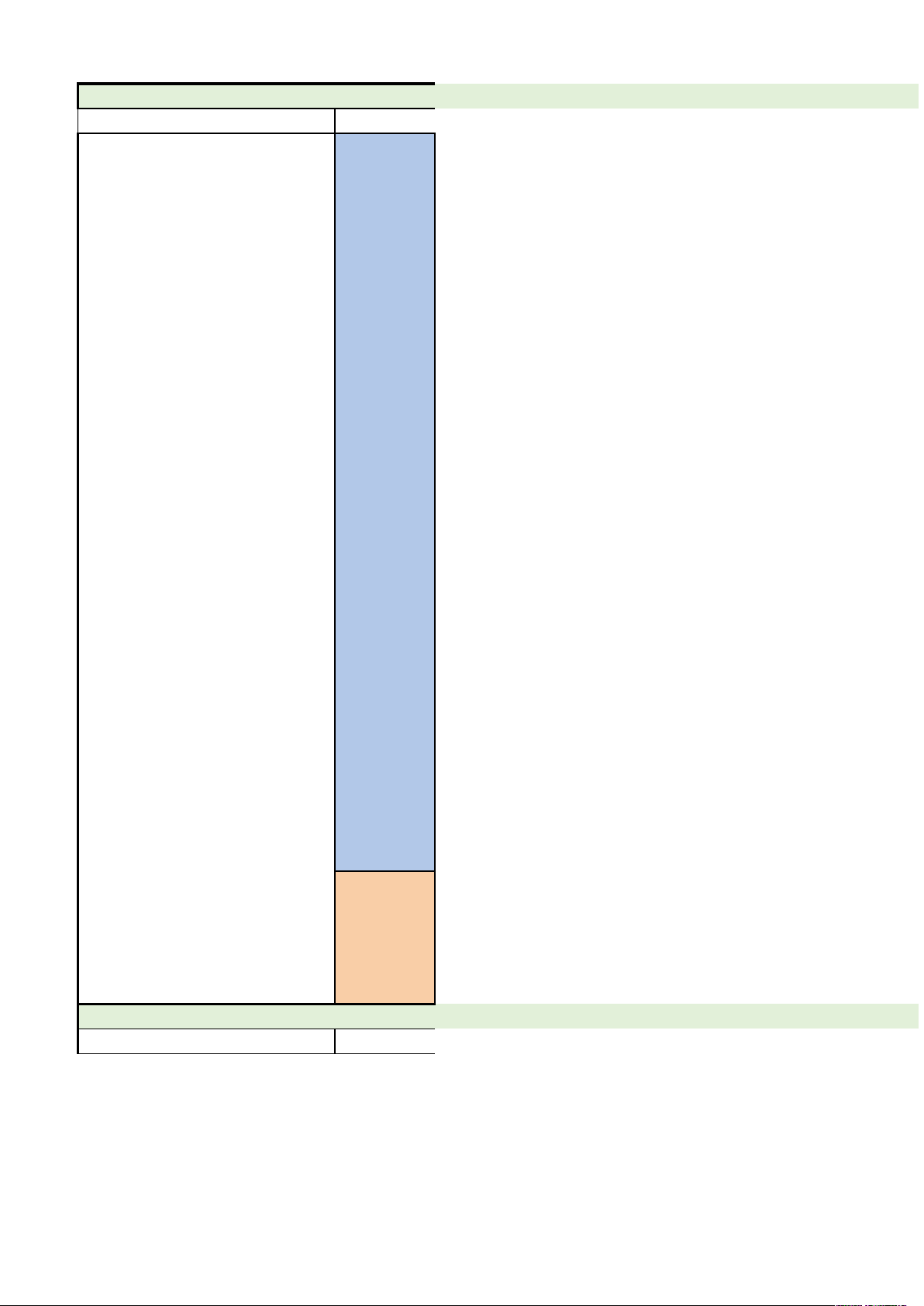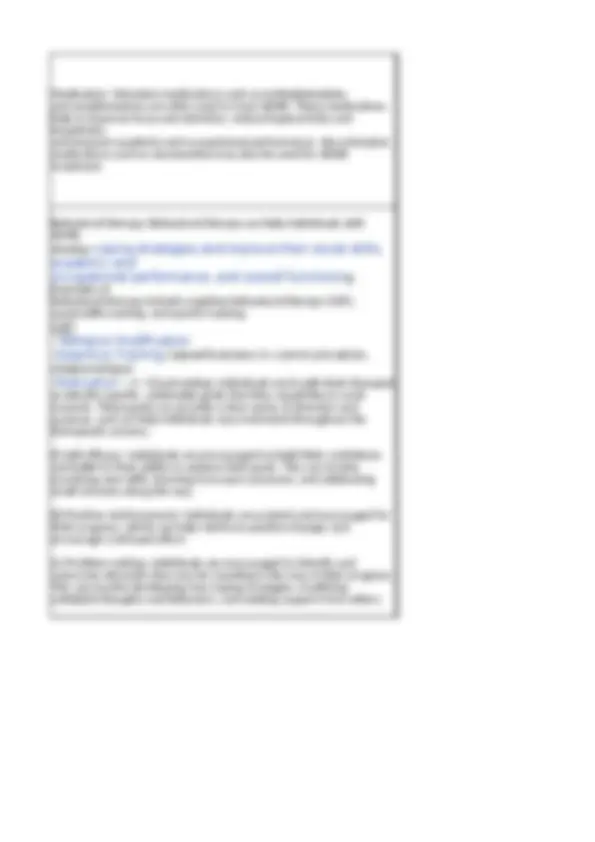







Study with the several resources on Docsity

Earn points by helping other students or get them with a premium plan


Prepare for your exams
Study with the several resources on Docsity

Earn points to download
Earn points by helping other students or get them with a premium plan
Community
Ask the community for help and clear up your study doubts
Discover the best universities in your country according to Docsity users
Free resources
Download our free guides on studying techniques, anxiety management strategies, and thesis advice from Docsity tutors
Study notes of abnormal psychology
Typology: Study notes
1 / 9

This page cannot be seen from the preview
Don't miss anything!






Bipolar Disorder Symptoms Causes ADHD Symptoms Causes
The symptoms of ADHD can vary from person to person, but they typically fall into one of 3 categories: inattention, hyperactivity, an impulsivity. B I O L O G I C A L Inattention symptoms may include: -Difficulty sustaining attention on tasks or activities, especially those that require mental effort
Bipolar Disorder Causes Stressful life events Poor social support Certain Personality traits Cognitive Styles Interpersonal Relationships ADHD Causes Genes - Family members with mood disorders hig tendency Neurotransmitters: Norepinephrine Dopamine GABA (Gamma-aminobutyric acid) Glutamate Serotonin Hormones Thyroxine levels are also imp factor An important Neuroendocrine system Hypothalamic-Pituitary-Adrenal (HPA) axis is implicated in chronic stress which is linked to depression Twin studies show a substantial genetic contribution as well as environmental influence Circadian Rhythm disturabances - Manic episodes precipitated by loss of sleep
Genetics : ADHD tends to run in families, suggesting that there may be a genetic component to the disorder. Research has identified several genes that may be associated with an increased risk of ADHD. Brain structure and function : Studies have found differences in the brain structure and function of people with ADHD compared to those without the disorder. These differences are thought to affect the regulation of attention, behavior, and emotions. Neurotransmitters - Norepinephrine deficiency
Treatment Treatment Pharmacology:
Medication: Stimulant medications such as methylphenidate and amphetamines are often used to treat ADHD. These medications help to improve focus and attention, reduce hyperactivity and impulsivity, and improve academic and occupational performance. Non-stimulant medications such as atomoxetine may also be used for ADHD treatment. Behavioral therapy: Behavioral therapy can help individuals with ADHD develop coping strategies and improve their social skills, academic and occupational performance, and overall functioning. Examples of behavioral therapy include cognitive-behavioral therapy (CBT), social skills training, and parent training. CBT